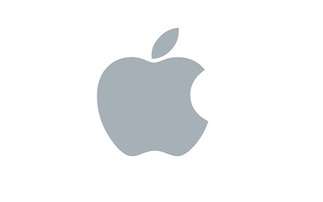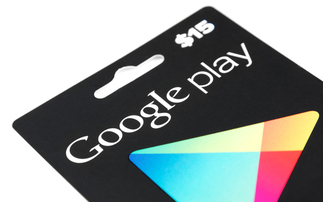Picks of the week for V3 readers
The Android Ice Cream Sandwich update will hit the UK in just a few weeks' time, and V3 readers are clearly keen to find out as much as they can about the platform, as our top 10 reasons to be exci...
To continue reading this article...
Join Computing
- Unlimited access to real-time news, analysis and opinion from the technology industry
- Receive important and breaking news in our daily newsletter
- Be the first to hear about our events and awards programmes
- Join live member only interviews with IT leaders at the ‘IT Lounge’; your chance to ask your burning tech questions and have them answered
- Access to the Computing Delta hub providing market intelligence and research
- Receive our members-only newsletter with exclusive opinion pieces from senior IT Leaders






















